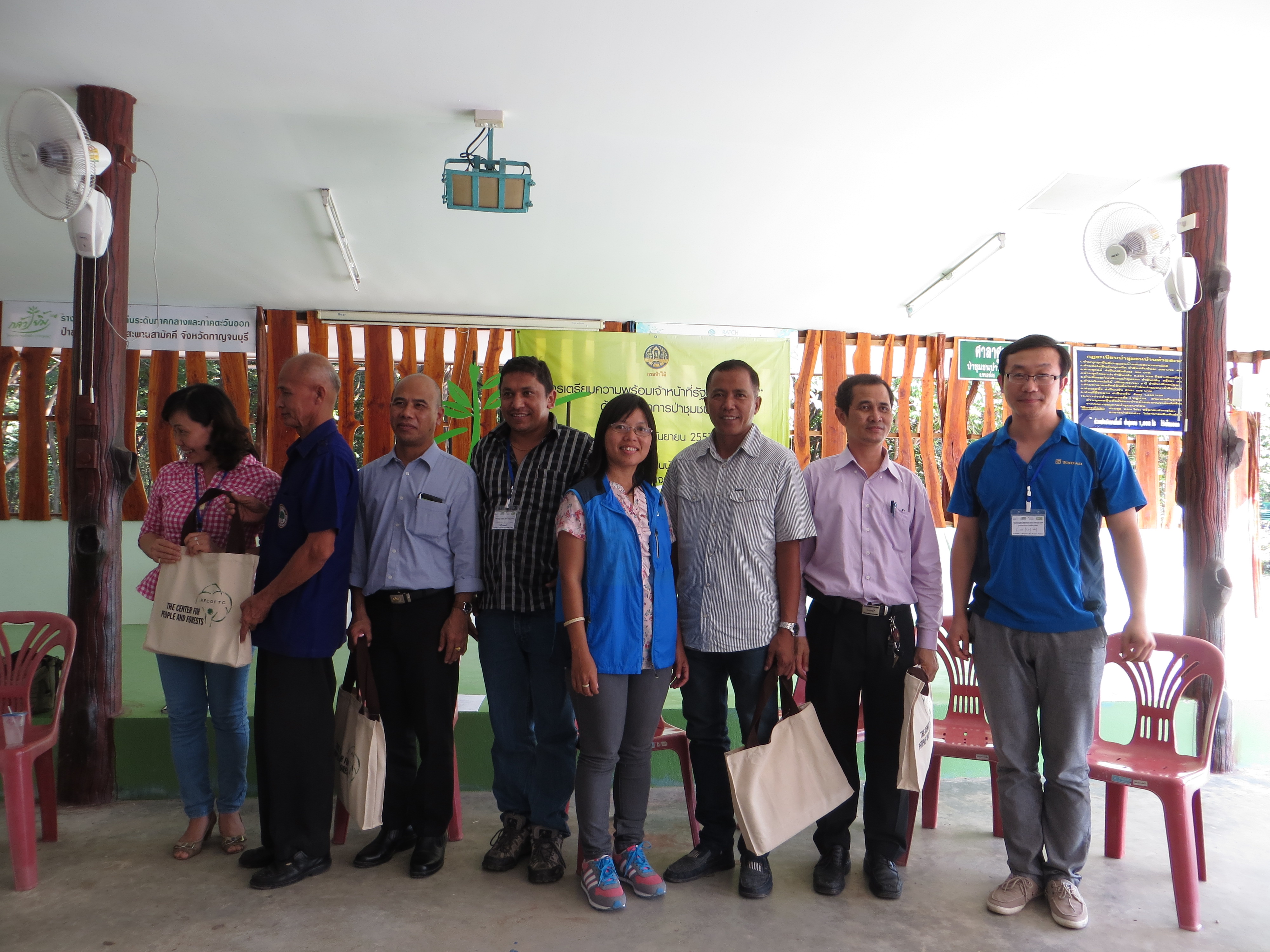NTFP-EP is launching the Pastor Delbert Rice Small Grant Fund for Community-based Forest Ecosystem Initiatives (PDR SGF). Reverend Delbert Arthur Rice was the former Board Treasurer of NTFP-EP who passed away last May 8, 2014. Pastor Rice was an American missionary and champion of the indigenous Ikalahan tribe in the mountainous Brgy. Imugan, Sta. Fe, Nueva Vizcaya, Northern Luzon, Philippines. He was an anthropologist and mechanical engineer by profession and a well-known educator and ecologist.
Pastor committed over 50 years of his life in the Philippines, dedicated to the cause of environment protection and social justice.
He was a force in the defense of indigenous peoples’ rights and an advocate of forest conservation and sustainable resource utilization. His support for the Ikalahan Forest Reserve and the struggle for recognition of indigenous lands bore fruit in 1974 when the Ikalahan were granted MOA 1 which was the first community forestry agreement of its kind and established the 14,730 ha. reserve.
With the help of Pastor Rice, the Kalahan Educational Foundation (KEF) was established as a people’s organization of the Ikalahan Peoples of Northern Luzon. KEF was the pioneer in the establishment of the first Ikalahan school system recognized by the Government. It is best known though for its Mountain Fresh jams and jellies made of indigenous forest fruits.
The Kalahan experience has become a model for CBFM and ancestral domain programs alike. Before Pastor’s death, the Ateneo de Manila University confirmed on him the Ozanam award for community service.
Initiatives supported by the Pastor Delbert Rice Small Grant Fund
In the spirit of Pastor Delbert Rice, the PDR-SGF facility aims to support community-based projects with themes that were close to Pastor’s heart, especially in the field of forest conservation:
• Community-based forest restoration; including incorporating NTFP species with larger tree species.
• Sustainable NTFP management including resource management and sustainable utilization
• Traditional ecological knowledge in sustainable forest management and food security. Involvement of the youth is especially desireable.
• Customary land rights and ancestral domain recognition to secure long term incentives to conservation
• Advocacies against development aggression, especially in forest areas with high conservation values.
This overall grant window will be made accessible to more communities in forested areas throughout Asia including the countries of NTFP-EP partners such as Cambodia, India, Indonesia, Malaysia, Philippines, Vietnam and possibly other Mekong countries. A call for proposals will be launched in early 2015.
NTFP-EP thanks Both ENDS, Broderlik Delen and Samdhana Foundation for initial contributions to the fund. NTFP-EP continues to accept donations to the fund at these bank accounts:
Name: Non Timber Forest Products Exchange Programme Incorporated (NTFP-EP)
Account Numbers: 1991-0096-94 (Peso) / 1994-0638-19 (Euro)
Bank Name: Bank of the Philippine Islands (BPI), Kalayaan Branch
Bank Address: BPI Kalayaan, 114 Kalayan Avenue, Diliman, Quezon City
Contact Number: +63 2 921 17 67
Swift Code: BOPIPHMM
For more information contact Tes Matibag (mpmatibag@gmail.com and sgf@ntfp.org)



